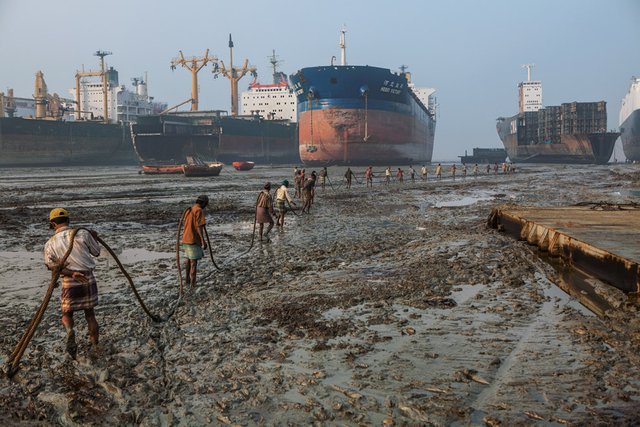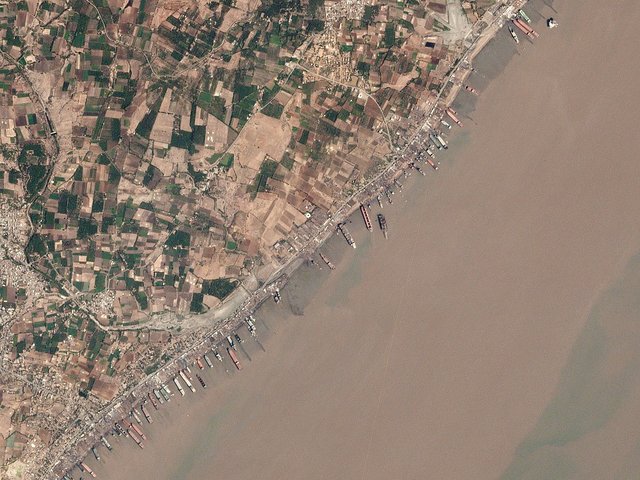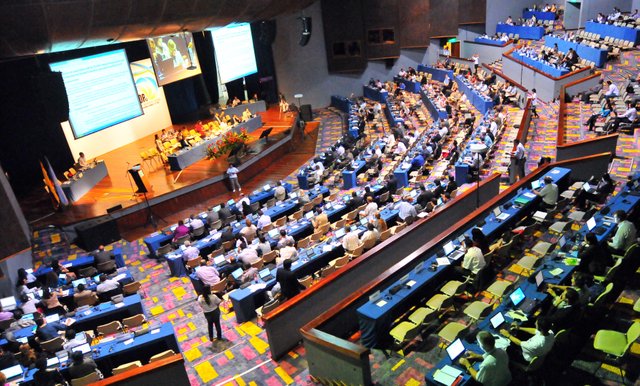MOST INTRIGUING & SCARIEST PLACES ON EARTH IN NAME OF PROFIT
The Ship-Breakers of the bay of bengal

In Bangladesh men desperate for work perform one of the world’s most dangerous jobs that a human being can perform although intriguing to the eye from a far the site is filled with toxic waste, fumes and chemicals from the aged sea leviathans. a few miles along the road that parallels the Bay of Bengal, just north of the city of Chittagong, where 80 active shipbreaking yards line an eight-mile stretch of the coast. Each yard was secured behind high fences topped with razor wire. Guards were posted, and signs warned against photography. Outsiders had become especially unwelcome in recent years after an explosion killed several workers, prompting critics to say the owners put profits above safety.
Oceangoing vessels are not meant to be taken apart. They’re designed to withstand extreme forces in some of the planet’s most difficult environments, and they’re often constructed with toxic materials, such as asbestos and lead. When ships are scrapped in the developed world, the process is more strictly regulated and expensive, so the bulk of the world’s shipbreaking is done in Bangladesh, India, and Pakistan, where labor is cheap and oversight is minimal.
Industry reforms have come in fits and starts. India now requires more protections for workers and the environment. But in Bangladesh, where 194 ships were dismantled in 2013, the industry remains extremely dirty and dangerous.
It also remains highly lucrative.

Ship breaking is one of the hottest contested topics in the united nations , and judging by what its doing to the environment they are on the right track.

Three United Nations bodies deal with the issue of shipbreaking – UNEP, IMO and ILO. Under existing regulations on waste trade, ships sold for breaking are considered to be waste. It is illegal for a developed country to sell a ship for breaking to a developing country without first removing all toxic materials contained within the ship’s structure. Because of the high price tag of such cleaning operations, the shipping and shipbreaking industry have exploited loopholes in existing regulations and continue dismantling ships on South Asian beaches. The Platform’s advocacy work and legal battles aim at halting the export of toxic ships to developing countries.
Resteemed your post to my 13,500 followers
thanks dude
Hi! I am a robot. I just upvoted you! I found similar content that readers might be interested in:
http://ngm.nationalgeographic.com/2014/05/shipbreakers/gwin-text
thanks appreciate it